Stay informed with free updates
Simply sign up to the EU business regulation myFT Digest — delivered directly to your inbox.
Qatar has threatened to stop vital gas shipments to the EU if member states strictly enforce new legislation that will penalise companies which fail to meet set criteria on carbon emissions, human and labour rights.
Qatari energy minister Saad al-Kaabi told the Financial Times that if any EU state imposed non-compliance penalties on a scale referenced in the corporate due diligence directive Doha would stop exporting its liquefied natural gas to the bloc.
The law requires EU countries to introduce powers to impose fines for non-compliance with an upper limit of at least 5 per cent of the company’s annual global revenue.
“If the case is that I lose 5 per cent of my generated revenue by going to Europe, I will not go to Europe . . . I’m not bluffing,” Kaabi said. “Five per cent of generated revenue of QatarEnergy means 5 per cent of generated revenue of the Qatar state. This is the people’s money . . . so I cannot lose that kind of money — and nobody would accept losing that kind of money.”
The EU adopted the corporate due diligence rules in May this year. They are part of a broader set of reporting requirements aimed at aligning companies with the EU’s ambitious goal of reaching net zero emissions by 2050.
But the directive has prompted a widespread backlash from companies, both within and outside the EU, who have complained that the rules are too onerous and put them at a competitive disadvantage.
Cefic, the chemical industry body, said the due diligence rules would “create significant litigation risks” and should be thoroughly assessed “to identify and address areas for simplification and burden reduction so as to . . . limit the liability exposure.”
Non-EU companies will be liable for penalties under the directive if they earn more than €450mn in net turnover in the bloc.
Qatar is one of the world’s top LNG exporters and has become an increasingly important supplier of gas to Europe in the wake of the turmoil in energy markets triggered by Russia’s invasion of Ukraine.
As European states have sought to wean themselves off Russian gas, QatarEnergy has signed long term agreements to supply LNG to Germany, France, Italy, and the Netherlands.
Kaabi suggested that in its current form the legislation — which is due to come into effect from 2027 — would be unworkable for companies like state-owned QatarEnergy, which he is also chief executive of.
He said it would require the company to do due diligence on the labour practices of all the group’s suppliers, with a global supply chain that involves “100,000” companies.
“I probably need a thousand people with the size that I have and the billions we spend, or [would need to] shed millions on a service . . . to go and do audits on every supplier,” he added.
Kaabi said it would also be impossible for an energy producer like QatarEnergy to align with the EU’s net zero target as the directive stipulates because of the amount of hydrocarbons it produces.
The EU directive includes an obligation for large companies to adopt a transition plan for climate change mitigation aligned with the 2050 climate neutrality objective of the Paris Agreement, as well as intermediate targets under the European Climate Law.
Kaabi said the legislation would impact all Qatari exports to Europe, including fertilisers and petrochemicals, and could also affect the investment decisions of the Qatar Investment Authority, the sovereign wealth fund.
He said QatarEnergy would not break its LNG contracts, but it would look at legal avenues if it faced hefty penalties.
“I will not accept that we get penalised,” he said. “I will stop sending gas to Europe.”
However, Kaabi suggested that there could be room for compromise if the penalties targeted just income generated in Europe rather than total global revenue.
“If they said that the penalty is 5 per cent of your generated revenue from that contract that you sell to Europe, I say, ‘OK, I need to assess that. Does that make sense?’” he said. “But if you want to come to my total generated revenue, come on, it doesn’t make any sense.”
European Commission president Ursula von der Leyen promised last month to propose an “omnibus” legislation that would reduce reporting requirements from several of the bloc’s green finance laws, including the due diligence directive.



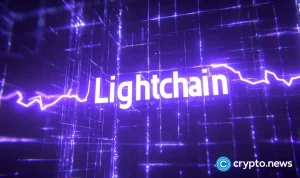








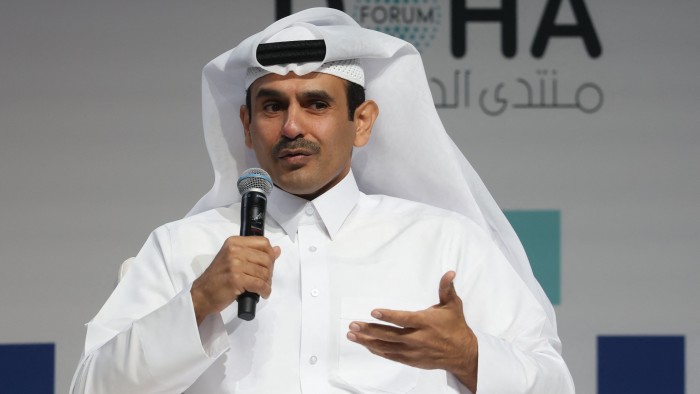
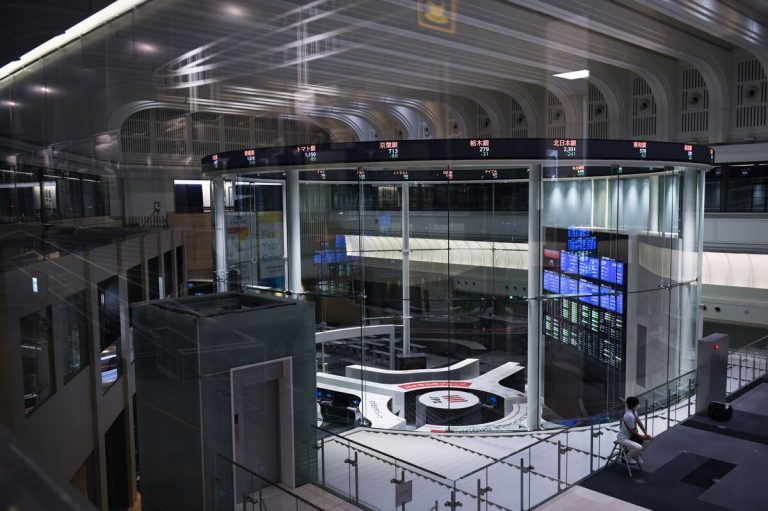


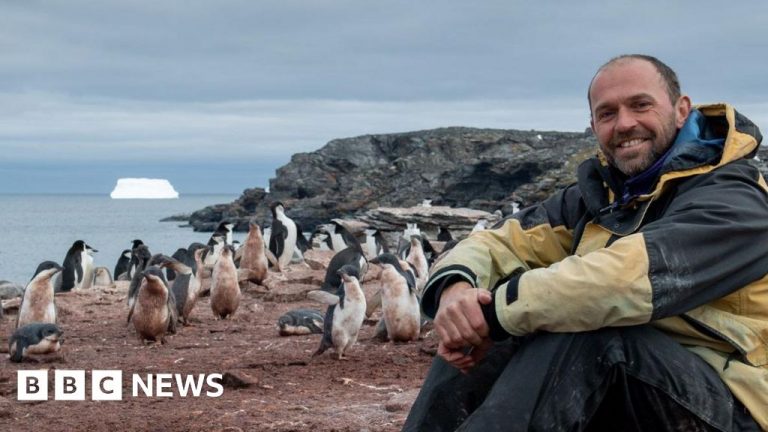
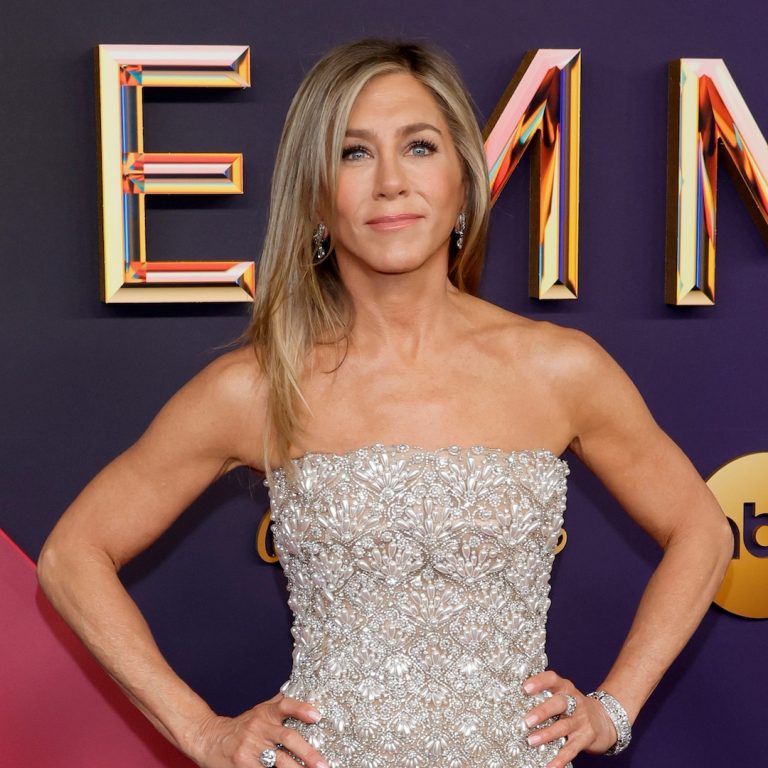



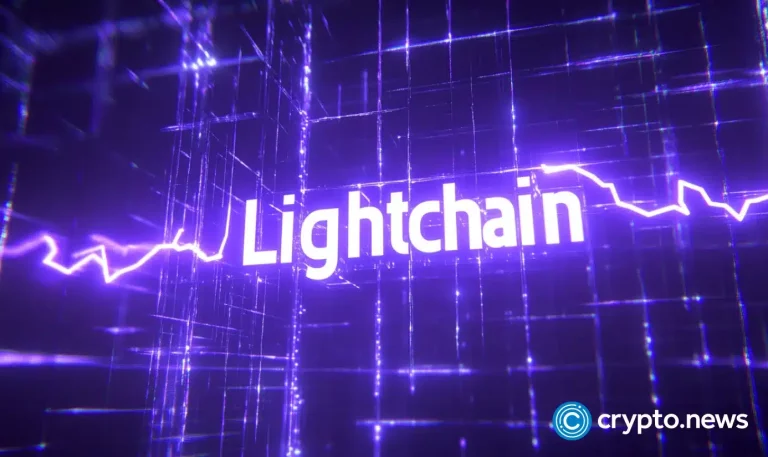
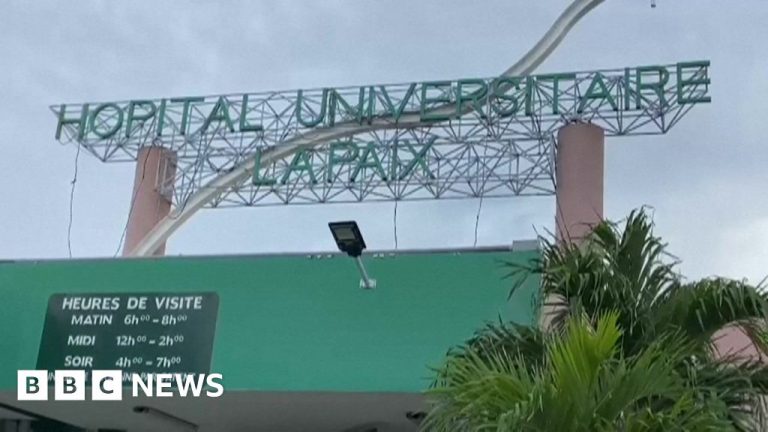

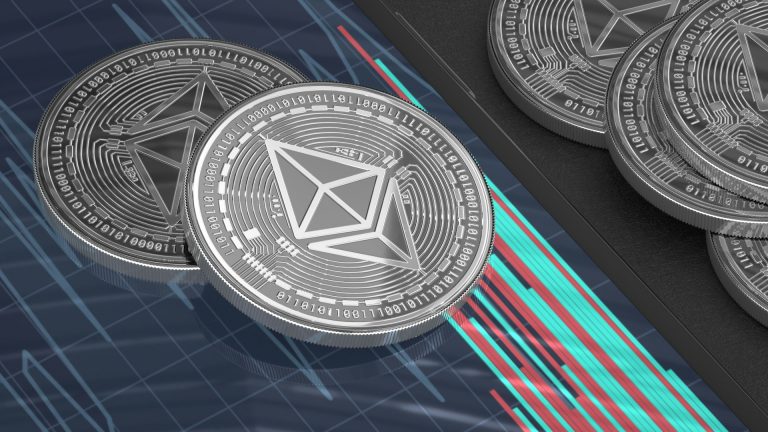
+ There are no comments
Add yours